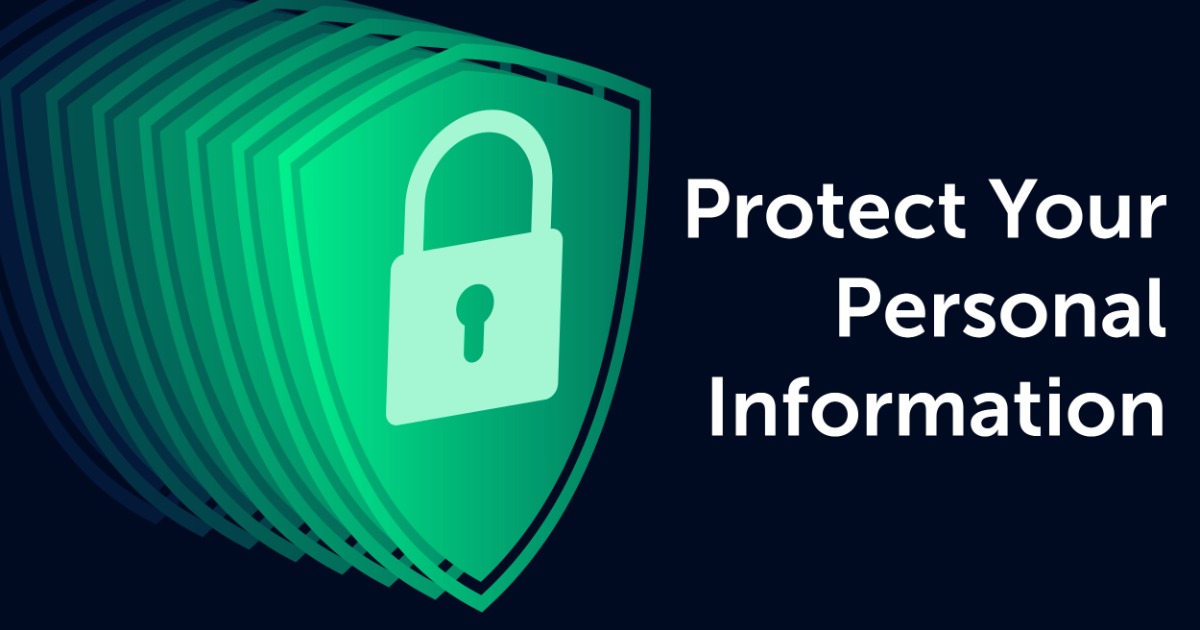1. Monitor your accounts regularly. Confirm that all transactions posted are ones you have authorized. Immediately, report any suspicious activity to our Client Service Center at 915.532.1000.
2. Look out for strange emails! Don’t respond to emails that claim to be from WestStar requesting your account details or passwords. We will never reach out to you over email to ask for your account details.
3. Avoid clicking links in emails. It is safer to log in to weststarbank.com manually instead of clicking a link in an email to ensure you are entering a secure site.
4. Change your bank passwords regularly. Make sure you are choosing a strong password that is a mix of upper and lower case letters, numbers, and special characters. Avoid using any words or phrases that contain your name, initials, or your birthdate.
5. Enable two-factor authentication. Many financial institutions have added a layer of security for account holders. Two-factor authentication requires you to enter an extra verification credential before you can access your account.
6. Disable automatic login. Do not allow your web browser to store private username and password information for your online banking websites.
7. Only use WestStar’s official mobile apps. Make sure you download our app from the Apple Store or Google Play Store.
8. Not sure if something is legitimate? Do you have questions about WestStar? Call our Client Service Center at 915.532.1000.
BE MORE CYBERSECURE
9. Spotting email fraud. If it seems too good to be true, it is probably fraud. Don’t believe that lottery awards staff or the government will contact you by email!
10. Avoiding fraudulent payments. Be on guard against fraudulent checks, cashier’s checks, money orders, or electronic fund transfers that request you to wire them money.
11. Filtering unsolicited offers. Be wary of unsolicited offers that require you to “ACT FAST.”
12. Stay up-to-date. Make sure your device is updated with the latest security updates for your operating system—Apple, Android, etc.
13. Trust Warnings and Errors Messages. If the website has certificate warnings or errors, do not trust them.
14. Beware of Email Attachments. Proceed with caution when clicking on an email attachment or free software from unknown sources. Your system could be exposed to online fraud and theft.
15. Sharing information online. The more you post about yourself on social media, the easier it is for someone to use that information to access your accounts, steal your identity, and more. Protect your personal information by maximizing your privacy settings.
16. Be Aware of Financial Scams. Con artists take advantage of people after catastrophic events by claiming to be from legitimate charitable organizations. In reality, they are attempting to steal money or valuable personal information.


